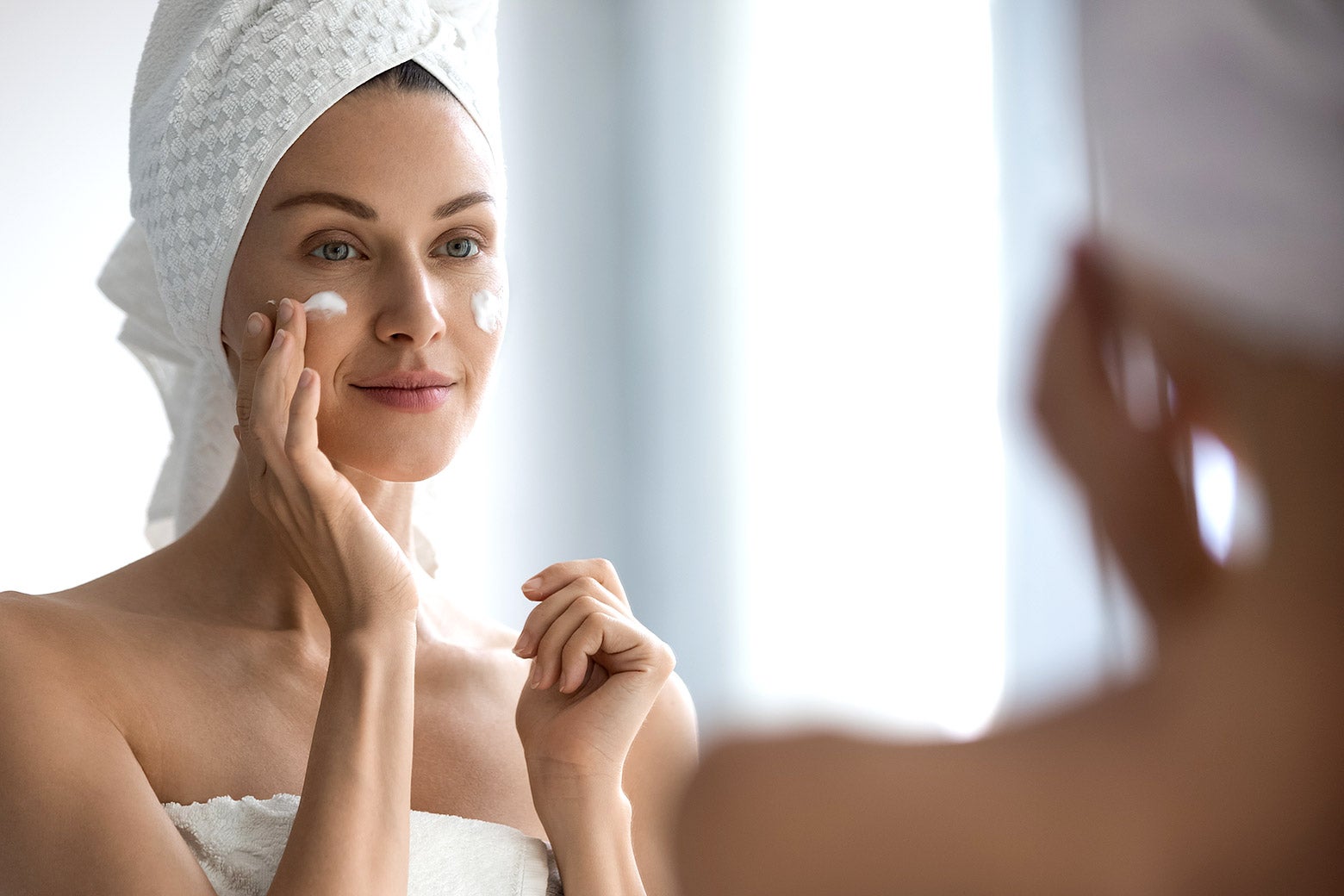
As we age, our skin goes through many changes, including loss of elasticity, wrinkles, and dullness. However, with the right anti-ageing skin care routine, you can combat these signs of ageing and achieve a healthy, youthful glow. To unlock the secrets of anti-ageing skin care, it is essential to understand the key factors that contribute to ageing skin and how to address them effectively.
One of the most important steps in an anti-ageing skin care routine is to protect your skin from the harmful effects of the sun. UV rays can accelerate the ageing process by causing wrinkles, age spots, and loss of elasticity. To combat this, it is crucial to wear sunscreen every day, even on cloudy days, and to seek shade during peak sun hours. Additionally, wearing protective clothing, such as hats and sunglasses, can further shield your skin from UV damage.
Incorporating antioxidants into your skin care routine is another crucial step in unlocking the secrets of anti-ageing. Antioxidants help combat free radicals, which can cause damage to the skin and accelerate the ageing process. Look for products containing ingredients such as vitamin C, vitamin E, and green tea extract to help protect your skin and promote a youthful complexion.
Hydration is key to maintaining healthy, youthful skin. As we age, our skin loses moisture and can become dry and dull. Using a hydrating moisturizer can help replenish lost moisture and improve the overall appearance of your skin. Look for products containing hyaluronic acid, glycerin, or ceramides to help lock in moisture and keep your skin looking plump and hydrated.
Exfoliation is another important step in an anti-ageing skin care routine. By removing dead skin cells, exfoliation can help improve skin texture and promote cell turnover, resulting in a brighter, more youthful complexion. There are many different exfoliation methods to choose from, including physical exfoliants, such as scrubs, and chemical exfoliants, such as alpha hydroxy acids (AHAs) and beta hydroxy acids (BHAs). Find the method that works best for your skin type and incorporate it into your routine 1-2 times per week.
Retinoids are powerhouse ingredients when it comes to anti-ageing skin care. Derived from vitamin A, retinoids help stimulate collagen production, reduce the appearance of fine lines and wrinkles, and improve skin texture. Incorporating a retinoid into your routine can help turn back the clock and reveal smoother, more youthful-looking skin. Start with a low concentration and gradually increase as your skin adjusts to avoid irritation.
A healthy diet and lifestyle can also play a significant role in maintaining youthful skin. Eating a diet rich in fruits, vegetables, and lean proteins can provide essential nutrients that support skin health. Additionally, staying hydrated, getting enough sleep, and managing stress can all help improve the overall appearance of your skin and slow down the ageing process.
Consistency is key when it comes to anti-ageing skin care. It is essential to establish a routine that works for your skin type and concerns and stick to it to see results. Remember that anti-ageing is a long-term process, and it may take time to see significant improvements in your skin. Be patient and diligent with your routine, and you will reap the benefits of healthy, glowing skin.
In conclusion, unlocking the secrets of anti-ageing skin care requires a multifaceted approach that addresses key factors such as sun protection, antioxidants, hydration, exfoliation, retinoids, and a healthy lifestyle. By incorporating these elements into your skin care routine and being consistent with your efforts, you can achieve a healthy, youthful glow that defies the effects of time. Remember that everyone's skin is unique, so it may take some trial and error to find the products and techniques that work best for you. Consult with a dermatologist if you have specific concerns or are unsure where to start, and enjoy the journey to healthier, more radiant skin.